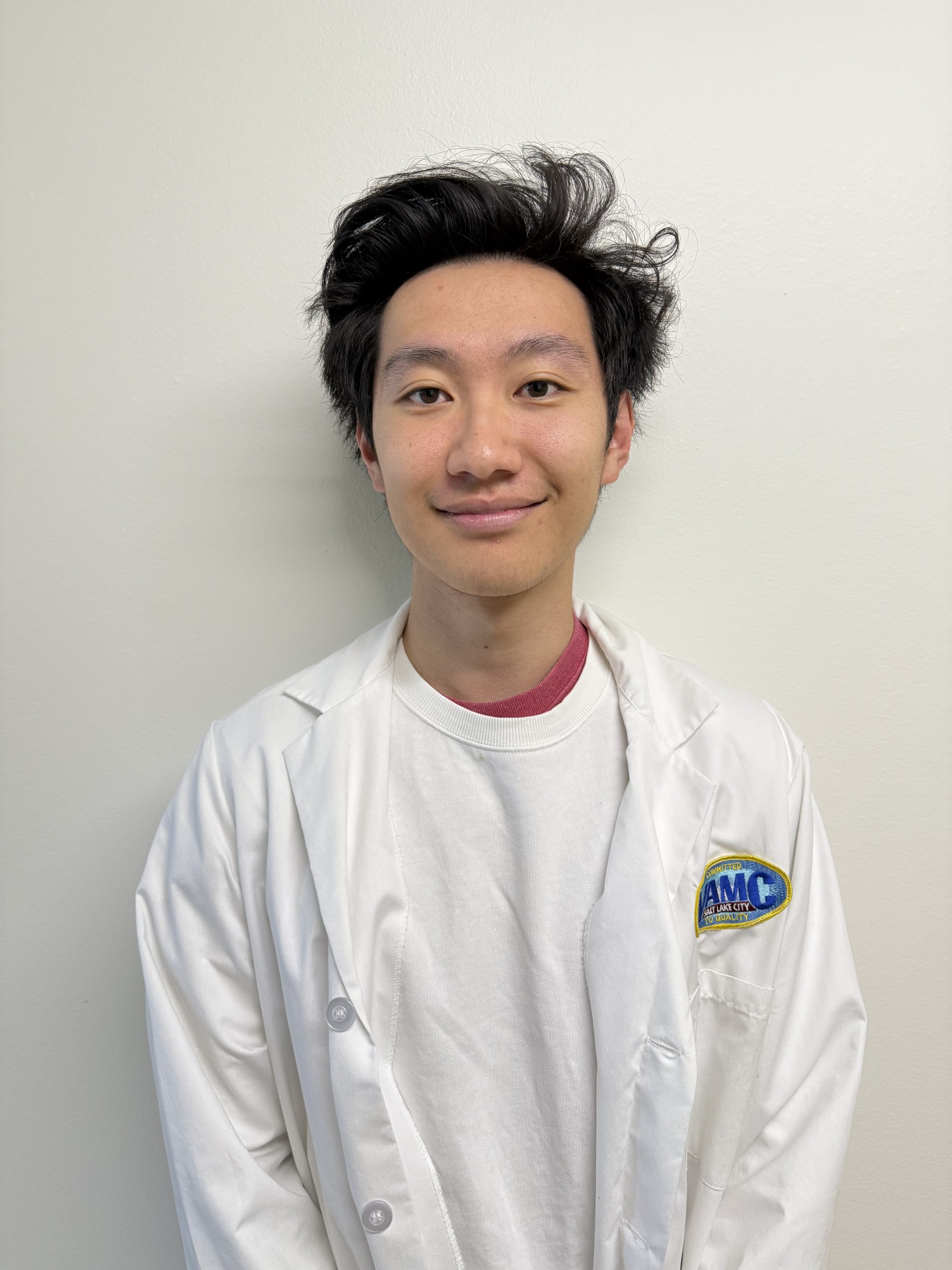
The Shiu Laboratory
Chronic Kidney Disease (CKD) affects 10% of the population worldwide. It is characterized by a gradual loss of kidney function over time and can progress to end-stage kidney disease (ESKD), at which point most U.S. patients rely on hemodialysis to survive. The average life expectancy for dialysis patients in the U.S. is about 5 to 10 years, and cardiovascular disease (CVD) is a leading comorbidity and cause of death in this population.
The Shiu Lab (Vascular Access & Health Laboratory) integrates medicine, engineering, and bioscience to investigate the pathophysiology of hemodialysis vascular access dysfunction and the progression of CVD in individuals with CKD. Guided by a Bedside-to-Bench-to-Bedside philosophy, we begin with clinical observations and translate them into mechanistic animal (pig, rat, mouse) and cell studies, then bring discoveries back to patients.
Our unique database of blood-flow imaging and computational simulations of arteriovenous accesses allows us to investigate hemodynamics and mechanotransduction in vascular cells, deepen fundamental insight, and inform the design of targeted therapies. By prolonging access longevity, restoring vascular function, and curbing CVD progression, we aim to measurably improve the quality of life for people living with CKD. Given that CVD is the leading cause of death in this population, our research also seeks to uncover the intricate mechanisms linking vascular dysfunction, CKD and CVD, ultimately striving to improve outcomes for individuals affected by these interrelated conditions.



Featured Publications
 | Hemodynamics are associated with subsequent lumen remodeling and clinical maturation of hemodialysis arteriovenous fistula.https://www.nature.com/articles/s41598-025-89896-z | The pathogenesis of arteriovenous fistula (AVF) maturation failure is unclear. We evaluated the associations of wall shear stress (WSS) with subsequent AVF remodeling and clinical maturation using regression models in this multicenter, prospective cohort study. Our findings show that WSS was positively associated with subsequent lumen expansion and AVF unassisted clinical maturation. | He Y, Wei G, Greene T, Imrey P, Northrup H, Radeva M, Beck G, Gassman J, Kraiss LW, Robbin M, Roy-Chaudhury P, Cheung A, Berceli S, Shiu YT, and the Hemodialysis Fistula Maturation (HFM) Study Group (2025). Hemodynamics are associated with subsequent lumen remodeling and clinical maturation of hemodialysis arteriovenous fistula. Scientific Reports, 15:6131. |
 | Differential hemodynamics between arteriovenous fistulas with or without intervention before successful use.https://www.frontiersin.org/journals/cardiovascular-medicine/articles/10.3389/fcvm.2022.1001267/full | A significant number of arteriovenous fistulas (AVFs) fail to maturate for dialysis. Although interventions promote maturation, functional primary patency loss is higher for AVFs with interventions (assisted maturation) than AVFs without interventions (un-assisted maturation). We found that larger venous velocity, wall shear stress, and vorticity immediately after AVF creation surgery may be important for later lumen enlargement and maturation, with the potential to be used as a tool to help diagnose poor AVF maturation earlier. | Northrup H, He Y, Le H, Berceli SA, Cheung AK, Shiu YT (2022). Differential hemodynamics between arteriovenous fistulas with or without intervention before successful use. Front Cardiovasc Med, 9:1001267. |
 | Natural vascular scaffolding treatment promotes outward remodeling during arteriovenous fistula development in rats.https://www.frontiersin.org/journals/bioengineering-and-biotechnology/articles/10.3389/fbioe.2021.622617/full | Following creation, an arteriovenous fistula (AVF) must mature (i.e., enlarge lumen to allow high blood flow) before being used for hemodialysis. AVF maturation failure rates are high, and currently, there are no effective therapy to treat this problem. Our results suggest that natural vascular scaffolding therapy is safe and may have therapeutic potential by facilitating lumen expansion to enhanced AVF maturation in patients. | Shiu YT, He Y, Tey JCS, Knysheva M, Anderson B, Kauser K (2021). Natural vascular scaffolding treatment promotes outward remodeling during arteriovenous fistula development in rats. Frontiers in Bioengineering and Biotechnology, section Tissue Engineering and Regenerative Medicine, 9, 622617. |
The Shiu Lab Research Team

Yan-Ting Shiu, PhD
Principle Investigator

Yuxia He, MD
Lab Manager and Research Scientist

Bing Li, MD/PhD
Visiting Scientist

Hannah Northrup, PhD
Postdoc

Yingri Li
Medical Student

Joshua Chang
Medical Student

Amani Oumar
Dental Student

Richard Niu
Gap-Year Student

Alec Tzeng
Graduate Student

Irene Hu
Undergraduate Student

Jacie Hu
Undergraduate Student

